

In the reform of early childhood education, how can we scientifically assess the quality of early childhood education to support the development of infants and children, improve the quality of kindergartens, and promote balanced regional early childhood education? To exchange knowledge with scholars and practitioners on this issue, the Institute (Department) of Early Childhood Education of Beijing Normal University and the Beijing Normal University Publishing Group will host the 3rd SEED (Study of Early Education and Development) Biennial Conference in Zhuhai, Guangdong, on 4-6 November 2023. We welcome academics, practitioners, and professionals in early childhood education to share their experiences and make efforts to improve the quality of early childhood education.
Conference Theme
Improving Quality and Equity: Assessment in Early Childhood Education and Child Development
Hosts, Dates, and Venue
Hosts: The Institute (Department) of Early Childhood Education, Beijing Normal University
Beijing Normal University Publishing Group
Organizers: Center for Educational Science and Technology, Beijing Normal University at Zhuhai
Co-organizers: Beijing Normal University Kindergarten
Lvyou Kindergarten Xiangzhou District, Zhuhai
Huacheng Kindergarten, Xiangzhou District, Zhuhai
Gangwan Kindergarten, Gaoxin District, Zhuhai
Dates: 4-6 November 2023
Venue: Beijing Normal University, Zhuhai, Guangdong Province, China
Online platform: The live link will be announced in the formal conference notice
Key Strands
The conference will include the following forums and topics:
Parallel Forum 1: Scientific assessment for infant and child development
This forum will focus on the new trends and methods in early childhood assessment, the relationship between quality assessments and young children’s development, and the development and education of infants and children in the context of high-quality development. The forum will also explore the role of quality assessment in improving the quality of early childhood education and the overall development of infants and children in a child-centred way.
Parallel Forum 2: Assessment and improvement of the quality of early childhood education
This forum will exchange knowledge with scholars and practitioners on topics such as construction of assessment indicators, tools designed for early childhood assessment, assessment standards and processes, status and improvement of early childhood education, difficulties in early childhood education, the construction of social support, etc., to improve the quality of assessment and early childhood education.
Parallel Forum 3: Regional assessment monitoring and balanced development of early childhood education
This forum will discuss issues such as assessment policies and monitoring systems of regional early childhood education, assessment standards and tools, organization and implementation, and application results. We will also exchange experiences in building and implementing regional early childhood education assessments and monitoring to promote balanced and high-quality regional early childhood education.
Youth Scholar Forum
This forum will welcome young researchers from around the world to discuss how to promote the quality and efficiency of early childhood education through scientific assessments. Key strands include, but are not limited to (1) assessment of early childhood education policies; (2) quality assessment of day care and early childhood education provisions; (3) professional development and assessment of early years teachers; (4) scientific assessment and child development.
China -Finland Roundtable Forum
Based on the cooperation between China and Finland, this forum will invite scholars from Finland and China in the field of early childhood education to present preliminary results and exchange views on the high-quality development of early childhood education and early childhood teacher education.
Keynote Speakers
Sara Baker
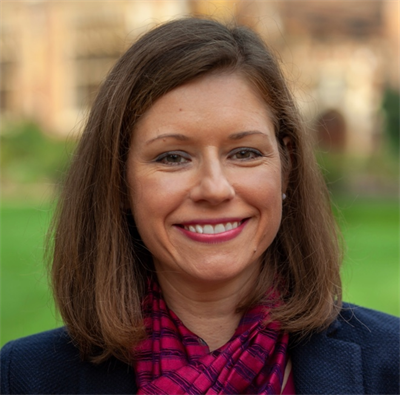
Professor of developmental psychology and education in the Faculty of Education at the University of Cambridge; Vice Master, Darwin College, University of Cambridge; UNESCO-IBE Senior Fellow in the Science of Learning
Expertise: Playful learning, executive functions and self-regulation in the early years
Speech Title: Evidence into practice: Using common elements of effective early years education programmes to develop the Early Years Library
James Elicker
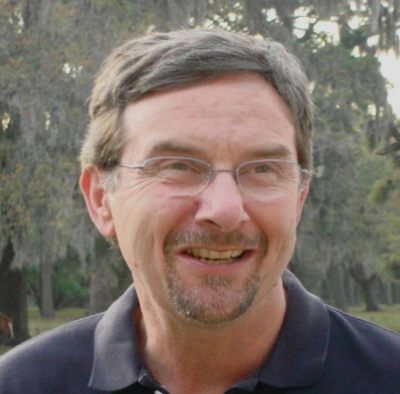
Professor, Department of Human Development and Family Studies, Purdue University; Committee Member of the Child Care Office and the Planning, Research, and Evaluation Office; Indiana Interdepartmental Coordination Committee Member for Infants and Toddlers.
Expertise: Childcare quality; Child development
Speech Title: Improving Child Care Quality at a Regional Level: Lessons Learned from the Evaluation of the Indiana (USA) QRIS.
Rebecca Golley
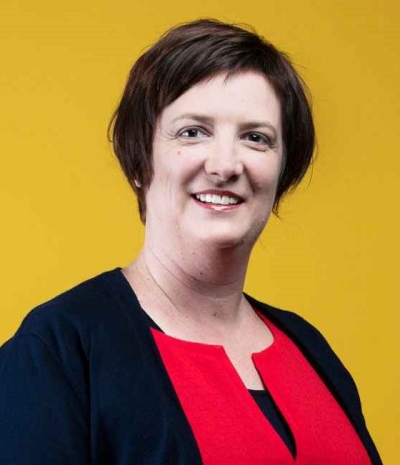
Matthew Flinders Professor and Professor of Nutritional Science, College of Nursing and Health Sciences, The Flinders University; Deputy Director of Programmatic Development at the Flinders Caring Futures Institute
Expertise: Nutritional science; Nutritional epidemiology; Dietary assessment; Childhood obesity prevention
Speech Title: Optimising child growth, health and development by using brief nutrition and movement tools in population monitoring, screening and program evaluation.
Inkeri Ruokonen
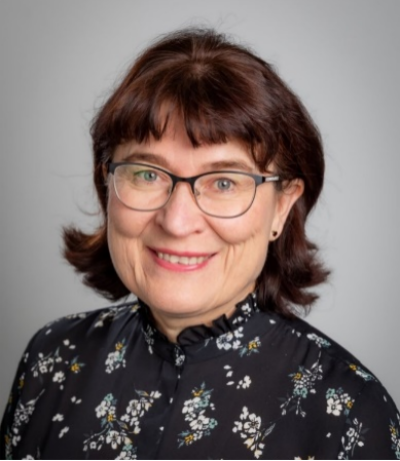
Professor emerita of Early Childhood Education; Vice Dean and Professor in Faculty of Education, University of Turku; Vice director to the management team of National Network for Development of Assessment Literacy (KAARO)
Expertise: Early childhood education; Early arts pedagogy; Teacher education; Learning environments; Early giftedness
Speech Title: The elements ensuring the equitability and quality of Finnish ECEC
Kay Tisdall
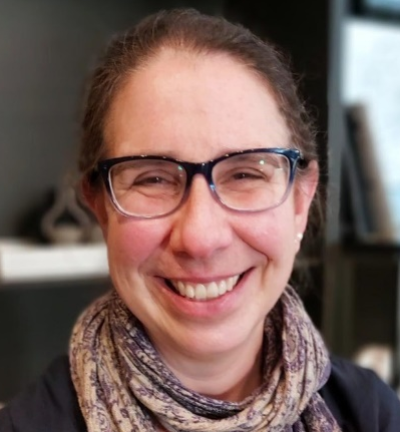
Chair Professor of Childhood Policy, Moray House School of Education and Sport, University of Edinburgh; Member of the National Child Protection Leadership Group; Member of Advisory Group “Child Rights Partners”, UNICEF.
Expertise: Children’s rights and citizenship; Disability issues affecting children; Schooling and family education
Speech Title: How to include right-based perspectives into assessment in ECE
Nirmala Rao
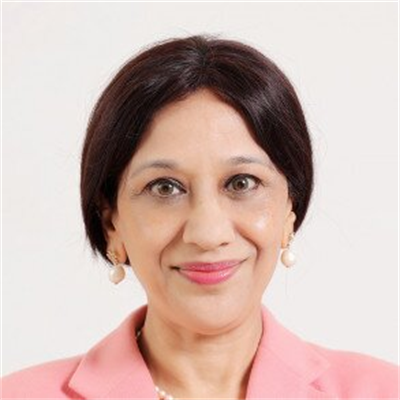
Serena H C Yang Professor in Early Childhood Development and Education; Chair Professor of Child Development and Education, Faculty of Education, The University of Hong Kong; A Developmental and Chartered (Educational) Psychologist
Expertise: Early childhood development and education; Child development and Educational Policy; Developmental and Educational Psychology; Culture and Pedagogy
Speech Title: Nourishing Young Minds: Measuring the Influence of Preschools and Homes
Li Hui
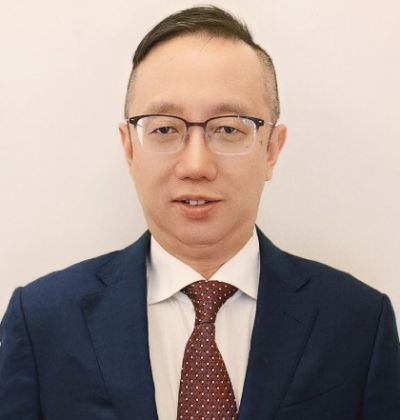
Chair Professor of Early Childhood Education, The Education University of Hong Kong; Former Dean of the Shanghai Institute of Early Childhood Education at Shanghai Normal University, and Director (Med) in the Macquarie School of Education at Macquarie University
Expertise: Curriculum and pedagogy; Developmental cognitive neuroscience; Developmental psycholinguistics; Early literacy and bilingualism; Educational policy; School leadership; Teacher education
Speech Title: Digital leadership facilitates early childhood education quality: Lessons from Australia
CHUNG Kevin Kien Hoa
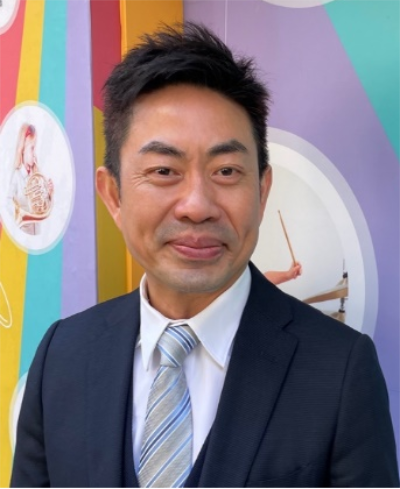
Chair Professor of Child Development and Special Education, The Education University of Hong Kong; Director of the Centre for Child and Family Science at
the Education University of Hong Kong
Expertise: Dyslexia and other learning disabilities; Literacy acquisition; Social-emotional development; Psychological well-being, and family relationship
Speech Title: Early Childhood Assessment and Why It Matters
Sun Jin
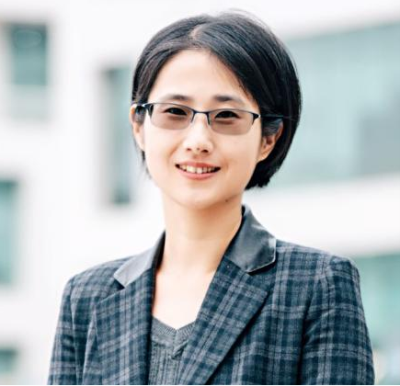
Associate Professor, Faculty of Education, University of Macau. The associate editor of Early Childhood Research Quarterly, Journal for the Study of Education and Development, etc.
Expertise: Early mathematics learning and education; Early development of self-regulation and executive function; Chinese socialization; Socioeconomic gradients in early development
Speech Title: Preschool Experiences Compensate for Disadvantaged Learning Outcomes of Children from Families of Low Socioeconomic Status: Evidence from Hong Kong
Language
Chinese, English
Call for Papers
The conference is open to academics, graduate and postgraduate students, and practitioners for abstracts related to the conference theme and key strands. The language for the abstract should be either Chinese (500-800 words) or English (200-300 words).
The deadline for submission is 24 September 2023.
Please submit abstracts via this link: https://www.wjx.cn/vm/Pbkl7P0.aspx#
For those who cannot open the link, pleasefill out the form attached at the end of this announcement and send it back to bnuece@bnu.edu.com with the e-mail named 'SEED+name+abstract submission' before the deadline for submission.
The conference academic committee will review the submissions anonymously. Authors will be notified of acceptance by 28 September 2023. Participants whose abstracts are accepted will have priority in attending the conference after registration.
Registration Fees
1. Fees:Onsite: 1200 RMB; Full-time student: 800 RMB; Online: 500 RMB; The conference fee does not include the cost of travel, accommodation, or meals.
2. Payment methods (choose one of the two):
· Via the Universal Payment Platform of Beijing Normal University: http://wszf.bnu.edu.cn/publish/
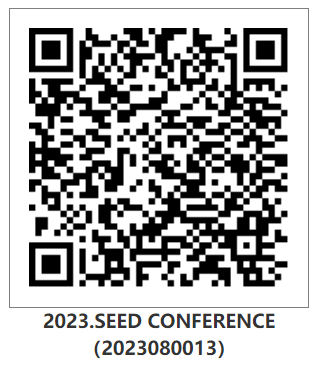
· Bank transfer and remittance: Beijing Normal University, Bank of China Beijing Wenhuiyuan Branch, 340256015272
3. Please make notes when paying with: “2023 SEED+name+invoice request (if needed)”. The payment will open on 1 September 2023. The payment deadline for onsite participation is 30 October 2023, and the payment deadline for online participation is 3 November 2023. Confirmation of registration is subject to successful payment.
4. Onsite attendance is limited to 300 people. Please confirm the number of attendees by phone before paying.
Contact:
Ms Duan,(+86)010-58802136, bnuece@bnu.edu.com
![]() Annex 1-The 3rd SEED Biennial Conference Call for Papers.doc
Annex 1-The 3rd SEED Biennial Conference Call for Papers.doc